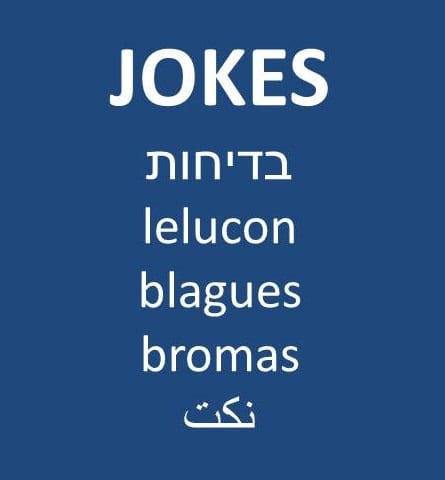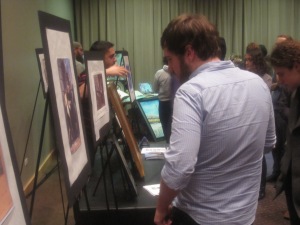
“Healing is a journey.” This is one of the many nuggets of wisdom shared during a recent Mission and Ministry Women’s Power program that featured Sr. Helen Prejean[1] in conversation with students, faculty, and staff. The event was titled Trauma, Hope, and Healing, and prompted participants to acknowledge that we are in the midst of trauma and grief, struggling through a pandemic and living in a warring world. Equally important, the conversation made space to learn from each other as we seek paths toward healing and hope for all of humanity and for us as individuals.
“Healing is a journey.” These words also reflect the work of Saint Vincent and Saint Louise. As these two courageous leaders ministered to the marginalized, they provided ongoing accompaniment to those they encountered. They acknowledged the need for healing, and they brought hope through their words and deeds, returning time and again to homes and prisons, to streets and churches, offering ongoing support and caring.
Each of us has been affected to varying degrees by the realities of our world and each of us need support and caring. As we continue to muddle through the pandemic and strive to return to “normalcy,” we should remember that our own personal healing from the trauma of these past years (and even beyond) is an ongoing process. We would serve one another well by recognizing that each of us is healing in our own way and at our own pace. As pointed out in the Women’s Power conversation, expectations that we simply slip back into pre-pandemic life and work are impossible for some and unrealistic for all. We have all been affected by the waves of trauma of the past few years, and we are all on a journey—each of us in our own way—of healing and hope.
As we continue to walk through these difficult and tumultuous times, may we be filled with hope and embrace a path toward healing. May we give ourselves room and grace for these personal journeys. And may we offer grace and understanding to others in their journeys.
View the video of Sr. Helen Prejean’s conversation on Trauma, Hope, and Healing.
Reflection by: Diane Dardón, ELCA, D. Min., Director, Pastoral Care and Religious Diversity, Division of Mission and Ministry
[1] Sr. Prejean is the author of Dead Man Walking (1994) and is an anti-death penalty advocate and activist. For more on her life and work see: https://www.sisterhelen.org/.



